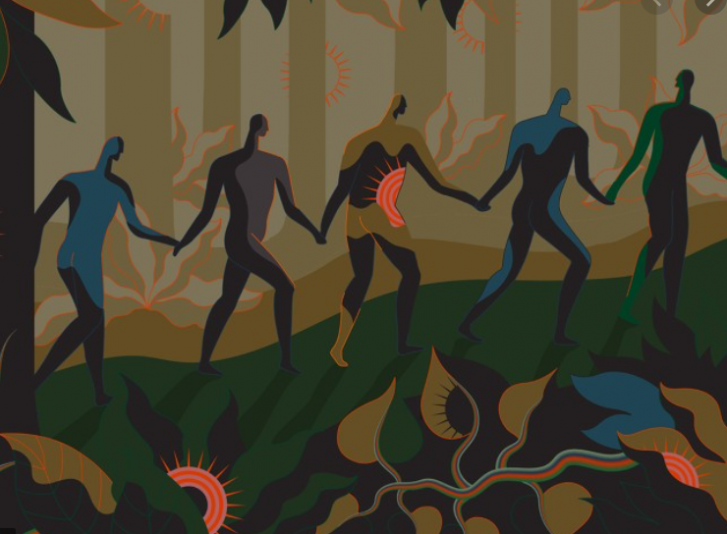This post is also available in: 简体中文 繁體中文
“We’re all in this together.” I heard this everywhere when COVID-19 first hit Toronto. And during the first wave, I believed it; there was fear, but also a sense of cautious optimism that banding together would help us weather this storm.
But we’ve been engulfed by this virus for almost a year now. And I’m no longer certain that sense of solidarity is true.
When I first heard of COVID-19, I never imagined being on the front lines of a pandemic. Since then, my colleagues and I have treated hundreds of patients and suffered innumerable losses. During the early days, our hospital was inundated with nursing home residents; unfortunately, many did not survive. Yet we still witnessed the miraculous recoveries of people on death’s door. They were our symbols of hope, and we clung to them in order to soldier on.
At times, there have been so many patients that they seemed to morph into faceless numbers. But they are not. They are our friends, siblings, parents, grandparents and spouses. Recently, I looked after an 80-year-old man who had contracted COVID-19 while grocery shopping; as I admitted him to hospital, he wept because he was worried about his wife of 60 years being alone. We also treated a 90-year-old grandmother whose entire family of front-line workers had become infected. Despite our best efforts, both of them died. Yet more awful tragedies, transformed into statistics.

How did our hospital become ground zero? We are located in a community of racialized and low-socioeconomic status households. They do not have the luxury of staying home. They work in processing plants and food terminals so we can put groceries in our fridges. They deliver our packages so we can shop online from the safety and comfort of our homes. They help feed and bathe our loved ones. They brave public transportation. They live in multigenerational homes or underfunded long-term care homes. And because of this they become sick and, sometimes, they die – victims of systemic discrimination and poverty.
Despite knowing these realities, I was still shocked when, in November, the City of Toronto revealed that 79 per cent of Torontonians suffering from COVID-19 are racialized people. If we saw such infection rates in wealthy, less diverse areas, such as the Bridle Path or Rosedale, would the government be reacting the same way?
This is privilege at work. We allow personal support workers to be exposed to COVID-19 without proper protective equipment while some hospital chief executives and politicians take tropical vacations. A rich B.C. couple jumped the queue for vaccines by flying into a remote Indigenous community in Yukon. Asian doctors such as myself are subjected to racist rhetoric about the “China virus.” The wealthy camp out at their cottages while the poor aren’t given paid sick leave or access to affordable housing. More than 6,000 Ontarians have died, and more than half of those deaths have come from our most vulnerable communities – people in nursing homes. Who will be held accountable?
This is not right. And our continual acceptance of this is exhausting and infuriating. We all know what is needed: testing, contact tracing, isolation, personal protective equipment, paid sick leave, affordable housing, safe schools, vaccines for high-risk populations. And yet, this pandemic wears on.
I am not an expert in public-health policy. I am not brave enough to consider myself an activist, or a health care hero. But I am a doctor who cares deeply about her patients. And while this year has been heartbreaking for me, it is nothing compared with the horrors my patients and their families have weathered. I am angry at the virus – but even angrier at the system that has placed them at the mercy of this deadly disease. It is my responsibility and privilege to be an advocate for them. It is our responsibility to speak up when something is wrong. If nothing is done, our health care system will reach a tipping point, and that will affect us all. We will not have the resources to look after you. We will effectively have to decide who lives and who dies. Is that the moment we realize that we really are all in this together?
This pandemic will eventually end. But some will have sacrificed more than others. And that is due to the more insidious epidemic of inequality, rooted in racism and poverty. Unfortunately, if we do not recognize this now, we should acknowledge the lie in that easy phrase of solidarity.
Article Source: Globe and Mail
Author: STEPHANIE GO. Stephanie Go is an internal medicine specialist based in Toronto.

